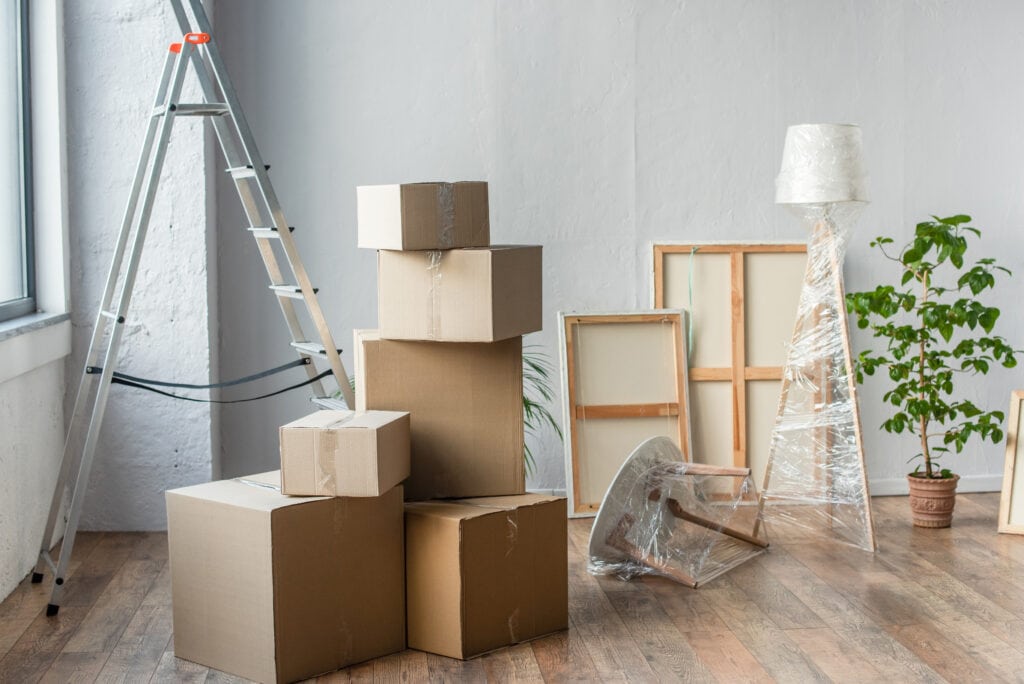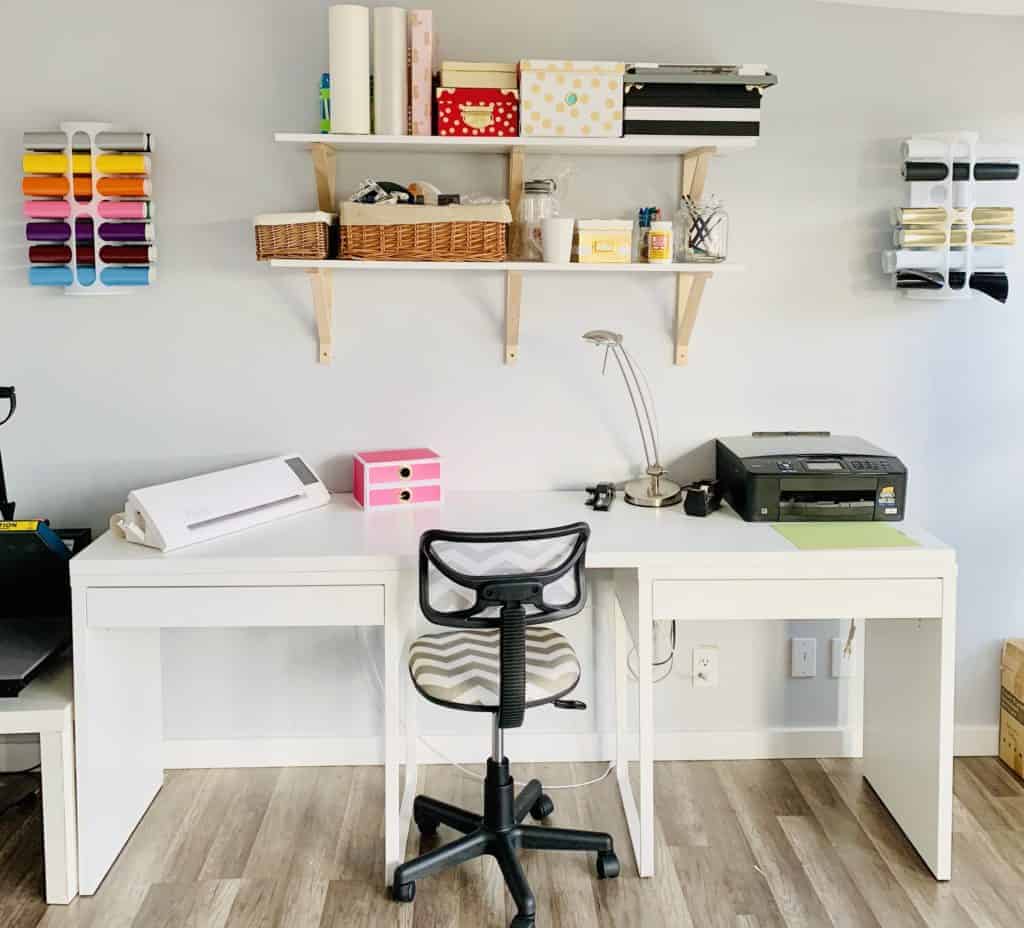Planning is the first step to guaranteeing a seamless move. Stress can be greatly decreased and unforeseen problems can be avoided with careful planning. Make a detailed list of everything you need to do before, during, and after the relocation to start. By doing this, you will make sure everything gets noticed and maintain organization.
Consider hiring reliable moving services to make the process more manageable. Professional movers bring expertise and experience, which can be invaluable, especially if you have large, fragile, or awkward items to transport. They may help with moving materials, storage options, and packing, freeing you up to concentrate on other crucial moving-related tasks like changing your address and transferring utilities.
Essential Packing Tips
Packing can be one of the most time-consuming and challenging aspects of moving, but with the right approach, it doesn’t have to be overwhelming. Use these tips to pack efficiently and safely:
- Label all boxes with their contents and destination room to save time when unpacking.
- Use sturdy boxes and quality materials like bubble wrap and packing paper to protect your belongings.
- Avoid overloading boxes to prevent damage and make them easier to move.
- Create an inventory list to keep track of all your items.
Choosing the Right Moving Services
Selecting the right professional movers can simplify the moving process significantly. When choosing a moving company, consider critical factors such as their experience, customer reviews, and their range of services. Professional movers should handle everything from packing to transportation and even storage. Using reliable moving services can significantly ease the burden of moving. Moreover, consider utilizing local storage units if you need a place to store your belongings temporarily. Storage units can be particularly helpful if you have a gap between moving out of your old home and into your new one.
Managing Moving Day
Although moving day can be stressful, with enough preparation, you can handle it well. Keep all of your necessities close at hand, including critical documents, prescription drugs, toiletries, and an extra set of clothes. Work together with your movers to make sure that everyone understands the logistics and timetable for the day. Pack a moving day kit with tools, such as a box cutter, scissors, and tape. This kit will help you address any last-minute issues quickly and keep the day running smoothly.
Settling into Your New Home
Once you’ve arrived at your new home, unpack systematically. Focus on essential areas such as the kitchen and bedrooms first. Setting up these key areas will help you feel settled more quickly and provide the basic functionality you need. Take it one room at a time, and don’t rush the process. Engaging family members in unpacking can make it faster and more enjoyable.
Budget-Friendly Moving Strategies
While moving might be costly, there are strategies to minimize expenses. Look for discounts and off-peak offers while comparing rates from various moving companies. Acquire used boxes and packing supplies from nearby shops or online marketplaces to save costs. Reduce the amount of stuff you need to haul by decluttering before you move. Finding the greatest discounts and avoiding last-minute charges can be achieved with careful preparation and budgeting.
Avoiding Common Moving Mistakes
Frustration might result from common errors like putting off tasks, forgetting to mark boxes, and not sizing your furniture for your new area. Packing ahead of time will help you prevent stress at the last minute. Make sure everything fits by properly labeling your boxes and measuring the rooms and furniture in your new house. To prevent last-minute scrambles, make sure you have all the moving supplies you will need, like boxes, tape, and bubble wrap.
Staying Organized Throughout the Process
Maintaining organization is essential for a seamless transfer. Organize all of your key documents in one location and keep track of deadlines and important dates with a dynamic timeline. Make sure to update your checklist on a regular basis to reflect completed tasks and unfinished business. Make better use of digital tools and apps to organize your relocation. You can avoid problems later on and save time by being organized.





